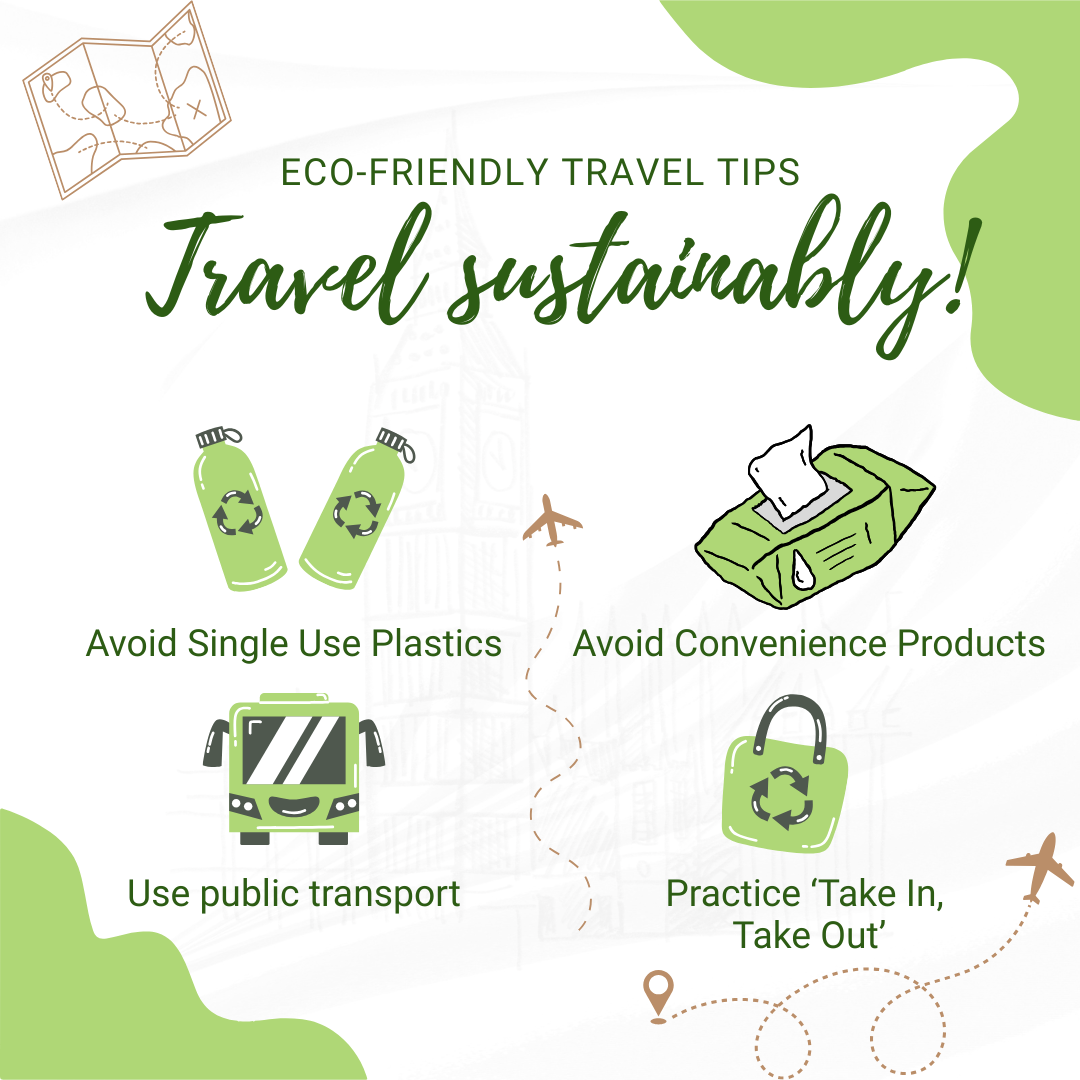How to Be a Respectful Traveler: Tips for Exploring the World with Kindness & Awareness
As we close out National Tourism Week, this is the perfect time to remember that as tourists, we are visitors in others’ homes.
Over the past three years, tourism in many areas has seen unprecedented growth, far exceeded pre-pandemic numbers in many parts of the world.
With increased tourism comes an increased responsibility to be good tourists, we are guests after all and want to assure we continue to be welcomed back as such while exploring beautiful parts of this world.
So, what are some ways that we can be more responsible, ethical, and welcomed travelers?
Sustainability
“Sustainability” has been a growing buzz word in the travel world, as we recognize the negative impact of tourism on popular destinations and the environment.
So, how can we make sure sustainability more than just a buzz word and put it in to practice to lessen our impact on the places we visit?
Here are 4 easy and practical steps we can take:
Avoid or Reduce Single-Use Plastics
Use a reusable water bottle instead of purchasing disposable bottles. In countries where tap water is not safe to drink, use a reusable filtered water bottle.
Avoid ‘travel size’ products. While these can be convenient, they also create a great deal of waste. A much better alternative is to use products you already know and love by decanting them into reusable bottles.
Carry a reusable tote. This not only has so many uses and comes in very handy when picking up groceries, souvenirs, toting things to the beach, etc but also reduces single use bag use.
Avoid disposable, single use, and individually wrapped products such as wipes, razers, towelettes, etc. While these can be convenient, the plastic packaging can take hundreds of years to degrade. *Even products marketed as “bio degradable” can take 100+years to break down when they end up in landfills.
Practice “Take in Take Out”
Avoid taking things like clothes, shoes, washclothes, etc with the intention of disposing of them at your destination. Even “donations” often end up in landfills when donations are not properly made. If items wear out or are no longer wanted, find a textile recycling or charity shop for items that are still in good condition.
Use Public Transportation
While an Uber/Taxi/Private transfer, etc may be appealing and convenient, public transport helps to reduce the environmental impact of private vehicles. Many popular tourist destinations boast energy efficient, convenient and affordable mass transit options.
Cultural Sensitivity
As visitors, we are not expected to know it all, but a little research and preparation can go a long way.
What does it mean to be “culturally sensitive” as a traveler?
At its most basic level, being a culturally sensitive traveler is being polite according to the rules of the country you're visiting so that you don't offend people.
This can be as basic as learning tipping culture and being mindful of appropriate attire, or as complex as learning local politics and practices.
Often times, being culturally sensitive comes down to being patient, observing what others are doing, and following suit.
The most important step you can take in being culturally sensitive is being open to new experiences and not expecting home away from home; that is, after all, why we travel.
These are three steps you can take to be a more culturally sensitive traveler:
Don’t expect people in Non-English speaking countries to speak English.
While many people do, especially in popular tourist destinations, it should never be our expectation. Being prepared with Google Translate and a few phrases can go a long way both in communication and showing respect to those we are visiting.
Respect local norms and practices.
This includes: attire, table manners, greeting customs (ie: handshake v hug), tipping norms, and other day to day practices and interactions.
Respect religious beliefs and sacred spaces.
Even if you do not share the beliefs and practices of the places you are visiting, remember you are a guest and respecting these believes shows your respect for the space you are in.
While we say these are “simple” steps, we also understand that these may be new for some travelers and there may be a bit of a learning curve - and that is okay!
There may be some blunders along the way, and missteps may happen, but with so many customs, cultures, and languages there is no way to get it entirely “right” every time.
Being mindful, teachable and open minded is really the key to being a better (and happier) traveler.
Ready to book your next travel adventure? We are here to guide you through the whole process, so reach out to one of our knowledgeable and capable travel advisors today!


